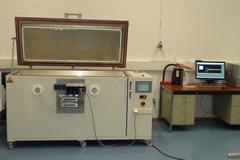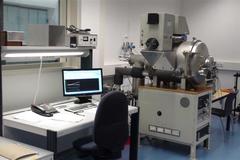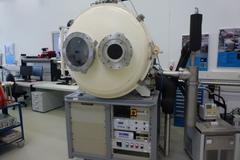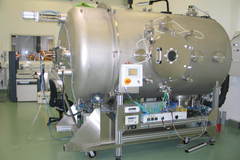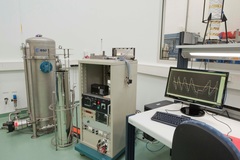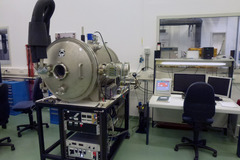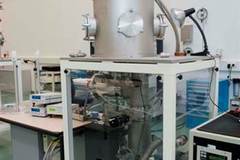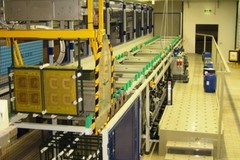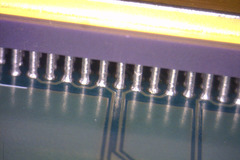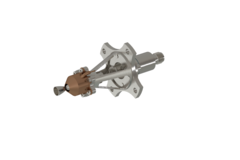The scope of activity in the area of materials and construction testing also includes services and complete solutions for products manufactured using additive technologies, including:
• characterization of materials, starting from planning through testing,
• analysis of results,
• creation of material models and non-destructive diagnostics,
• designing elements along with optimization of their shape and parameters of the manufacturing process,
• prediction of imperfections and residual stresses and testing of structures:
- programming and designing of the experiments,
- preparation of stands,
- analysis of the results along with the provision of
conclusions and recommendations.
We specialize in the technology of additive manufacturing of three-dimensional metal objects – DMLM (Direct Metal Laser Melting) using a laser to melt ultra-thin layers of powdered metal. The most popular materials used in this technology are:
• titanium alloys,
• stainless steels,
• tool steels,
• nickel superalloys (such as In718),
• cobalt,
• chromium,
• aluminum alloys,
• surgical steels.
Objects obtained by this method are characterized by homogeneous properties.
We have the latest DMLM printer produced by Concept Laser from the GE Additive group – M2 Cusing Multilaser. This is the second generation of the well-known M2 Classic version on the market, with a working space of 250 x 250 x 350 mm, and laser power up to 2×400 W. The machine has several measurement systems that enable continuous supervision over product quality, repeatability and safety of the printing process. This high-class equipment enables engineers to conduct research projects in the area of additive technologies and to produce prototypes of aircraft engine parts, the development and introduction of which they are constantly working on.
A wide range of polymer materials, including:
• Elastomers – production-grade rubbers
• High-temperature plastics – with heat deflection temperatures up to 300 °C, including material up to 150 °C that meets the UL94 – V0 flammability standard
• Composites – high-performance hybrid materials, production parts feature long-term mechanical stability in various environments
• ABS – strong plastic imitating injection molded material with long-term environmental stability
• High performance Ceramics (in development) -additive manufacturing using ceramic, metal, glass-ceramic resins/filaments.
Key information:
• Isotropic properties
• Precision printing (diameter of internal channels from 0.15 mm)
• Threaded parts
• Excellent surface quality and repeatability
• Compatible with chemical and automotive fluids meeting • • UL94 V0 flammability rating
• ISO 9001
Scope of Services:
• R&D for internal and commercial projects
• Optimization of process parameters
• Design – 3D modeling
• 3D printing
• Thermal processing
• CNC machining/polishing
• Quality control – geometric validation (CMM, 3D scanning)
• Structural testing (static, dynamic, fatigue, XRD)
• Material testing (NDT, XCT, SEM)
• The Institute supplies parts in various metal alloys using powder bed technology, as well as a wide range of polymer materials using DLP, MJP and FDM processes.
Technologies:
DLP – print volume 124.8 x 70.2 x 346 mm
MJP – print volume 294 x 211 x 144 mm
FDM print volume 360 x 360 x 360 mm

